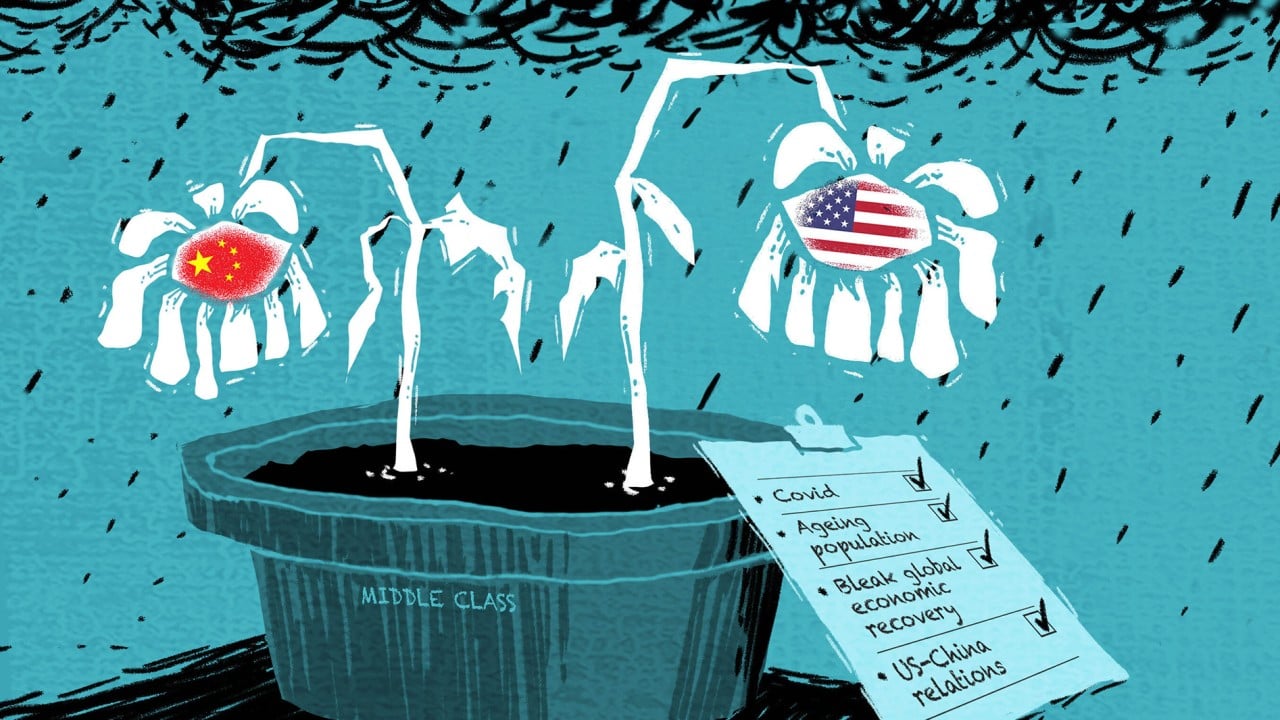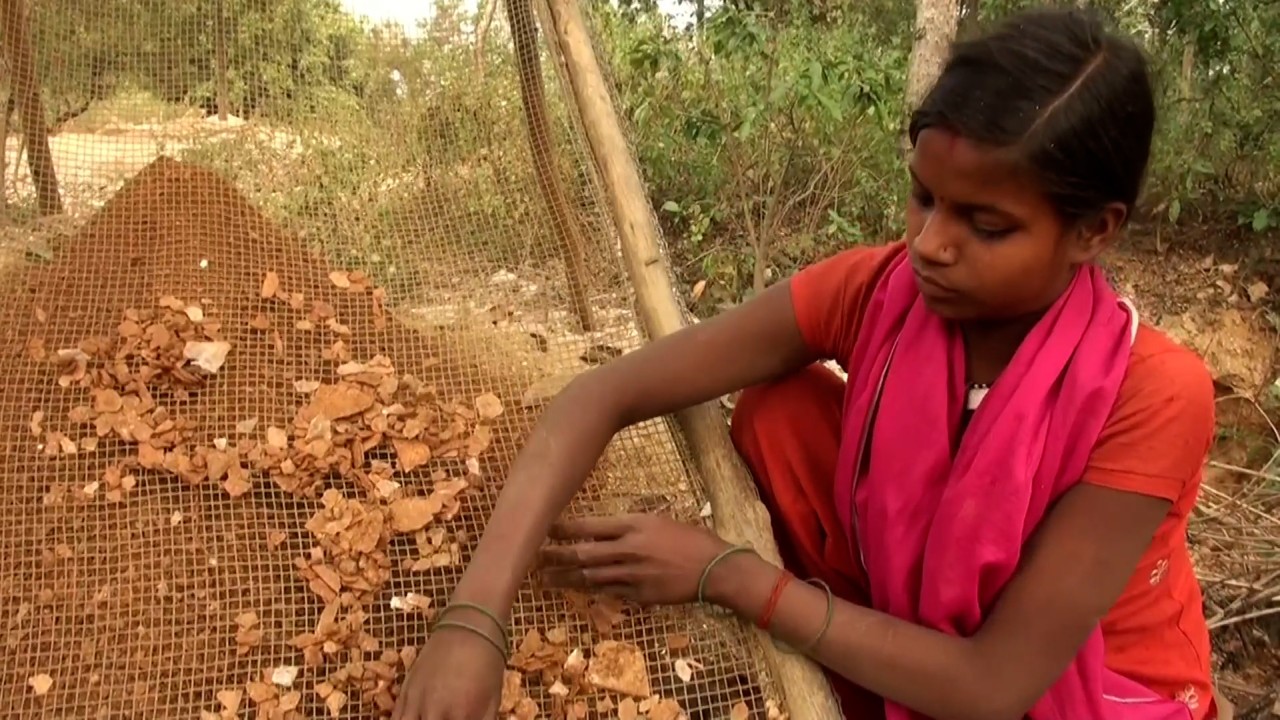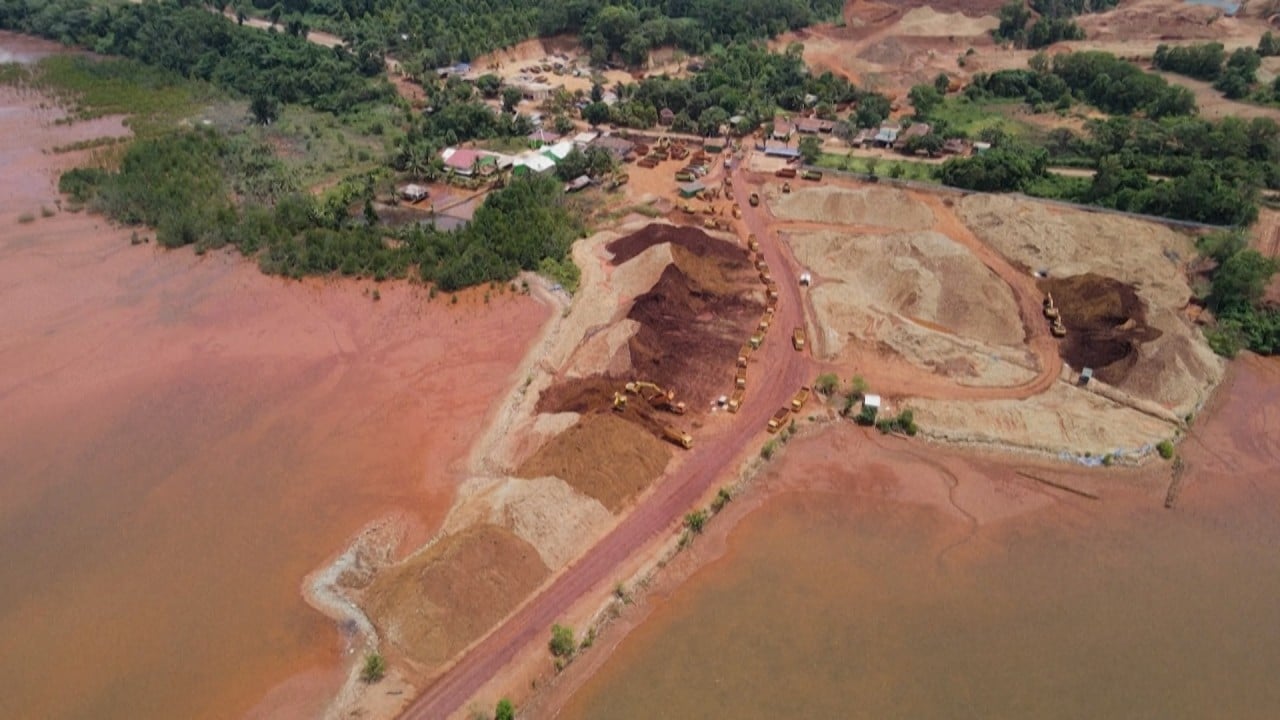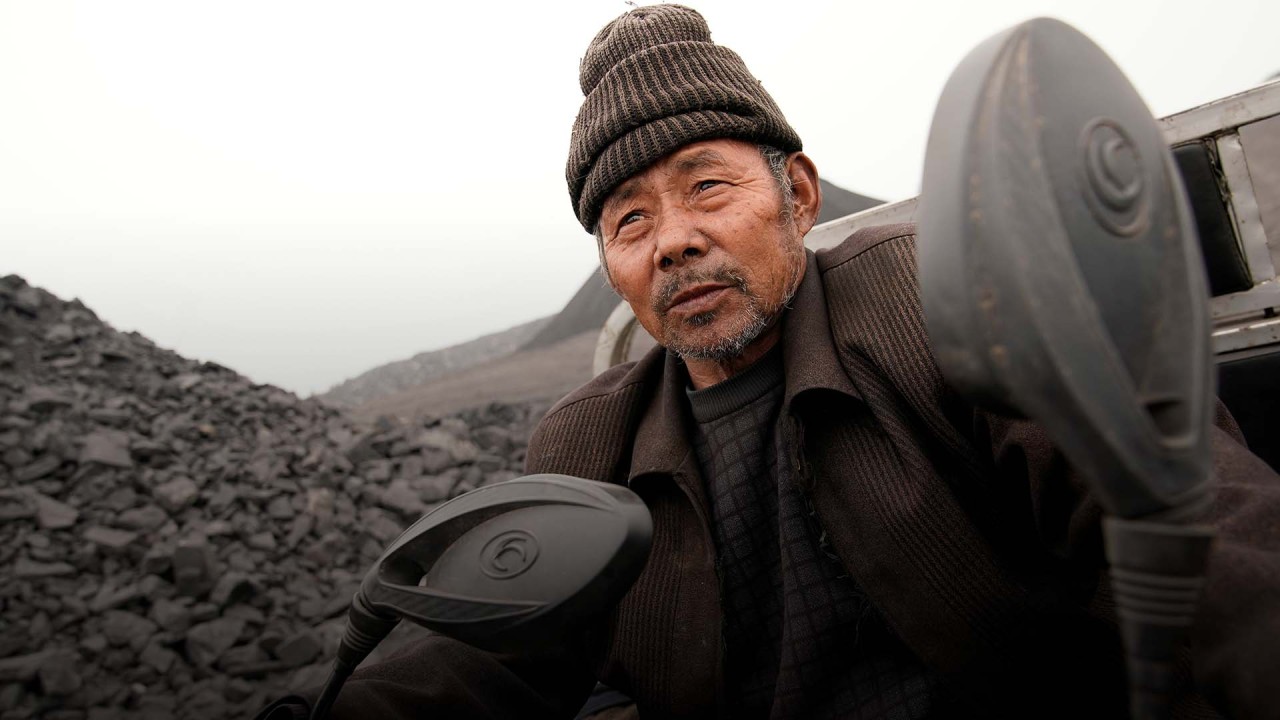
COP28: protect workers’ livelihoods in any green energy transition
- The global working class is set to lose jobs in industries such as carmaking, or face more exploitative conditions in others, such as mining
- At COP28, governments must speak up for the masses as there can be no climate justice if they are left to pay for the economic shift
The core assertion of nations touting a just transition is that it is possible to have an energy shift that improves the position of the working class. This, however, is not true. The transition unfolds within capitalism, a system where shifts in the means of production often disadvantage workers instead of empowering them.
Technological progress mustn’t equate to joblessness. It should, instead, elevate well-being by reducing workers’ hours for the same output. Yet within capitalism, workers find themselves entangled in cutthroat competition – a fight to maintain relevance – forcing a significant segment off the playing field altogether.
The impoverished South might face an even bleaker reality. While EVs have a less labour-intensive assembly process, the critical minerals that go into them require significantly more labour. Millions of workers in the Global South toil in exploitative mining industries that supply these crucial materials.
Recently, for instance, the US collaborated with Saudi Arabia to secure mining assets valued at US$15 billion in African countries, including the Democratic Republic of Congo (DRC), Guinea and Namibia. Unfortunately, the working conditions for miners in these countries are appalling. In the DRC, for example – a rich source of cobalt for EV batteries – most miners earn less than US$8 per day.
With the energy transition, working conditions are anticipated to worsen. Mining companies’ monitoring mechanisms are not keeping up with the rapid exploration expansion, implying that the energy shift may exacerbate abuse in an already troubled sector.
The unpredictability and lack of readiness within the global energy system could also heighten economic instability and inflationary pressures, especially in the Global South.
This could recur. Today, nearly every significant energy analyst foresees not just the persistence of energy price fluctuations during this transition, but a further intensification.
The climate-vulnerable world is right to advocate for a “just transition”, but caution is necessary. While the idea seems promising, under the current socio-economic structures and ecosystems, these populations will bear the brunt of the change.
To be clear, progress is a necessity not a choice, and renewables are the inevitable future. But at COP28, it is crucial for governments to recognise and champion the plight of the working class and, fundamentally, uphold the balance between “people” and “progress”. For, what good is saving the planet if its people still endure needless suffering?
Rizwan Basir is a sociologist who works as a climate finance specialist at the Climate Resourcing Coordination Centre (CRCC), based in Islamabad, Pakistan





.jpg?itok=t8OJmsoF)
